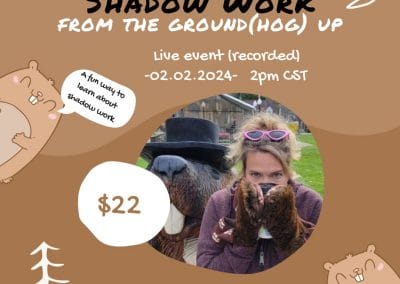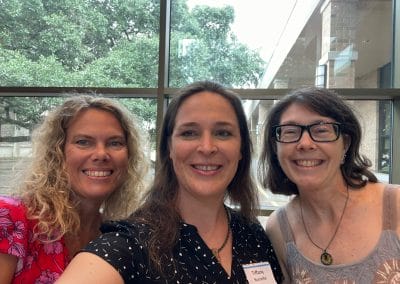Family expectations often shape us into specific roles, affecting our self-confidence
Being part of a family is like being part of a system. Each member of the family impacts other members, and the family system as a whole tries to maintain a sense of consistency, or homeostasis. When someone steps out of the roles we create for them as a family, the family system goes through a bit of chaos until things return to “normal.”
Because of this, you may play a particular role in your family. Examples include: The Hero, The Mascot, The Lost Child, or The Scapegoat. Often, we stay in these roles in order to maintain that sense of family “normalcy” and to live up to the family’s expectations. We may lose our sense of self-confidence because we’ve lost sight of our authentic self. Or we may become the rebel who goes against what the family expects us to be. But our self-confidence still hurts because we are reacting to our family expectations rather than from who we really are.
Even as adults, family shapes our choices, behaviors, and our self-confidence.
Types of Family Roles
Here are a few of the typical family roles as defined by Family Systems Theory:
- The Hero. This person is also known as “The Achiever” or “Perfect Child.” They are typically over-achievers and receive attention from the things they do that make the family look good.The problem is that the hero often has a severe fear of failure. They worry about letting the family down, and their self-confidence is often low because they haven’t gotten the chance to make their own decisions.
- The Mascot. People also call this role “The Clown.” They’re the people who are always after the laugh. They’re funny, goofy, and Peter Panlike (I won’t grow up!). Their role in the family is to keep people laughing to ease tensions, and they also might use humor to hide their pain or to avoid feeling difficult emotions. They feel intense pressure to make everyone happy, stop family squabbles, and cheer everyone up when they are down. But their emotions often get neglected (typically because they hide them).
- The Lost Child. This person is seen as “The Dreamer.” They are typically quiet and off in their own world, so they often get ignored by the rest of the family because “they’re fine” or they’re overshadowed by other family roles. No one expects a lot of them, so they aren’t encouraged to succeed. Because of this, they tend to have low self-confidence and doubt their worth. In their inner world, they are highly imaginative and creative, but they often feel alone and misunderstood.
- The Scapegoat. This person gets labelled as “The Problem Child.” They have a hard time fitting in with the family and seem to never live up to family expectations. They tend to get blamed for things, which makes them angry and feel shame or rejection. All of this impacts their motivation and self-confidence.
Read on to find out how to rethink your roles and boost your self-confidence.
Curious what coaching can do for you?
Schedule your free 30 minute discovery session to find out if coaching is right for you.
How to use your family roles to shape your OWN self-confidence
Even though it’s easy to fall into these roles (and hard to get out of them), we should view them as learning experiences. Based on the roles above, which one(s) do you most fall into? How much of that is because of who you are (your authentic self), and how much of it is because of how your family expects you to be?
Once you make that distinction, you can start being more confident about who you are. And you can learn how to build up those skills that your family role kept you from learning.
Here are some skills each family role can learn
- The Hero can learn that it’s ok to make mistakes. This is a huge element of self-compassion (learn more here) and can help calm that inner critic. Heroes can move from a success oriented mindset to a growth mindset. Mistakes are for learning from. When you fail, it’s just time to re-examine your goals and try another approach. Read more about growth mindset here.
- The Mascot can learn to recognize and feel ALL emotions, not just the laughing ones. The self-compassion tips for the Hero can help them, as well. But they should also be aware of backdraft, which can happen when we start finally allowing ourselves to feel again. Here’s some information on backdraft.
- The Lost Child can also benefit from self-compassion and can learn to trust themselves and their contribution to the world. Here’s some information on trust.
- The Scapegoat can learn to counteract negative thinking patterns and self-talk fallacies (e.g., generalizations of being all good or all bad). I specifically help you work on self-talk fallacies in Part 2 of my Calming the Stress Monster self-paced program. You can read more about it here.
Our families may place us into roles, but YOU hold the power to find your authentic self.
There are other roles that families give us, like caretaker or peacemaker, but often these are combined with the main family roles above.
If your family had no expectations of you, what would you do differently? Would your self-confidence be different? If you are a parent, would you parent differently? Would you approach your job or your leadership role in a different way? Family roles shape self-confidence, but you have the power to learn skills so that you are living an authentic life. You’ll feel more self-confident, more focused, and more aligned with your values.








